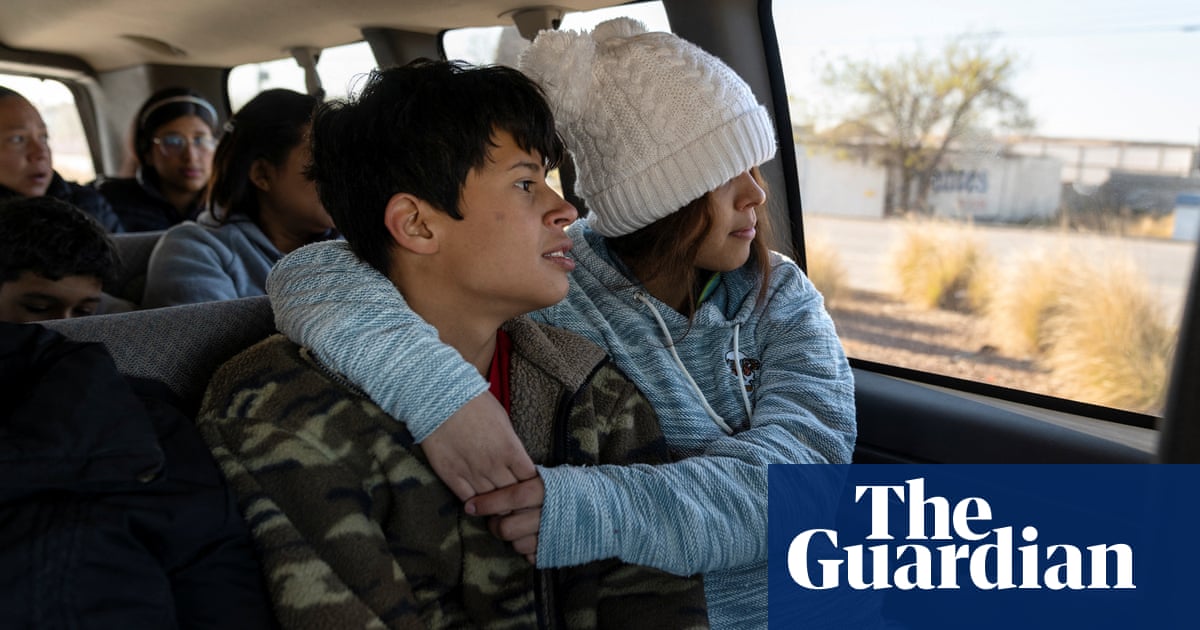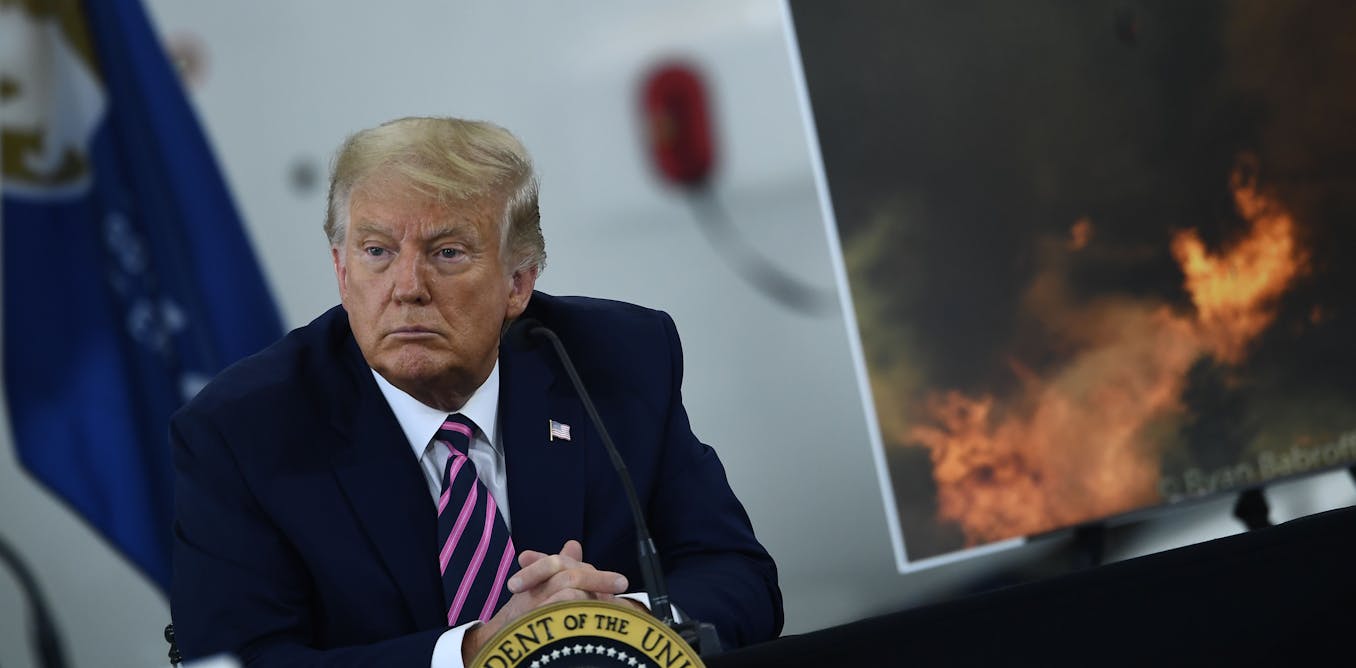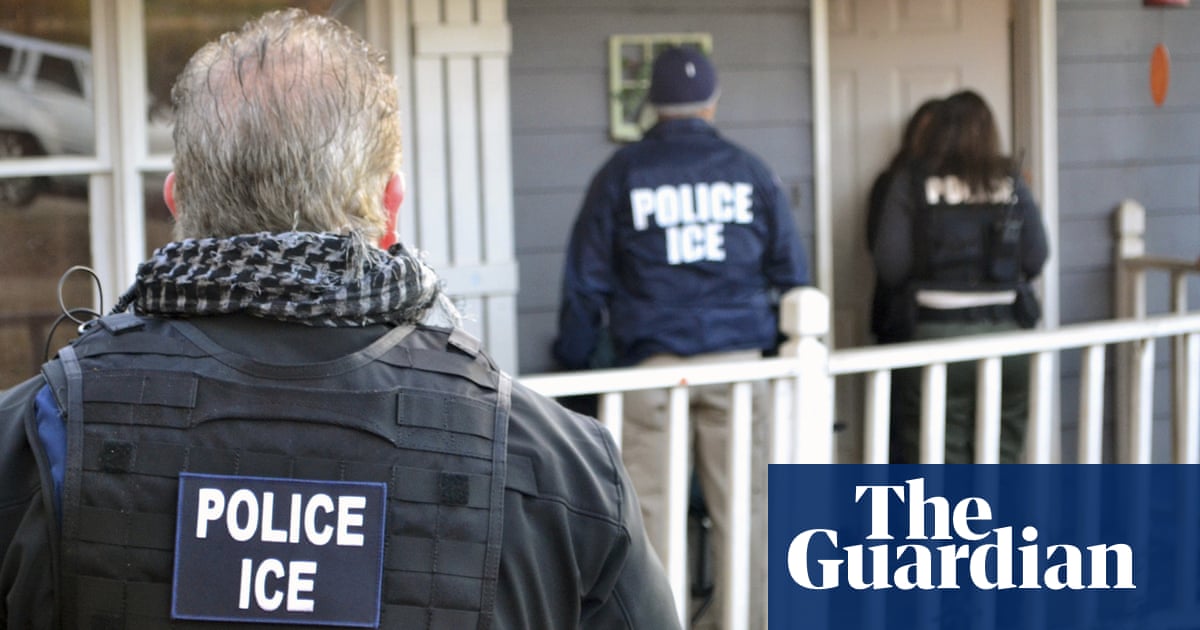Donald Trump spent the four years after the January 6 insurrection attempting to rewrite the violence and chaos he inspired as his supporters stormed the US Capitol.
On the first day of his second term as president, he took the rewriting to its final step by issuing pardons and reducing sentences for those involved in the insurrection, including the leaders of far-right militias and those who battled with police that day.
If the criminal charges were meant to deter future acts of political violence, the pardons of more than 1,500 people do the opposite, experts said.
“This is going beyond rewriting what January 6 was,” said Robert Pape, the director of the Chicago Project on Security and Threats at the University of Chicago who has studied January 6 defendants. “This is about legitimating future January 6ths.”
A procession of Proud Boys marched in Washington on Monday, carrying a banner that congratulated Trump on his victory, a visible representation of the welcome the far right is receiving from the new administration, and their former national chairperson, Enrique Tarrio, received a full pardon. Stewart Rhodes, the founder of the rightwing Oath Keepers militia group, had his sentence commuted.
“This will have powerful future consequences for normalizing political violence, because many of those he has granted clemency to are an ongoing threat for political violence in the future,” Pape said.
Even those who didn’t themselves participate in violence on January 6 may have played a part in violence. Pape’s research shows that nearly 500 people convicted of low-level nonviolent misdemeanors were “knowing and willing participants in the violent aspects of the Capitol siege, and that without the participation of this vast group, the siege would likely have never happened or been quickly ended by the police”.
A new poll from Reuters/Ipsos on Tuesday showed that the pardons of all involved were not broadly supported by the general public. Nearly 60% of people who responded to the poll said Trump shouldn’t pardon all of the “J6ers”. A poll by YouGov before the inauguration found similar, with a majority of respondents, including a majority of Republicans, opposing pardons for those who committed violence.
“As many supporters of President Trump recognize, for a president who ran on combating crime and reestablishing law and order to pardon hundreds convicted of assaulting law enforcement and otherwise engaging in violence would be hypocritical and dangerous,” a press release about the poll said.
In the hours after Trump granted the pardons, videos and photos trickled out of people leaving prisons around the country, freed by Trump’s pen. In one video, a man cuts off his ankle monitor with a pair of scissors then says “free at last”. Others posted photos of themselves or of the paperwork showing their pardons, celebrating their freedom and thanking Trump.
Some are still working to be released, offered help by tech billionaire and Trump ally Elon Musk, who posted on his social media platform on Monday night to “please let us know if you encounter any difficulties with release of your loved ones.”
Trump also directed the justice department to drop the charges in ongoing cases, ending the years of work by the department to find and prosecute the Capitol rioters. Trump named Ed Martin, a conservative lawyer who was involved in the Stop the Steal movement and supported January 6 causes the interim US attorney for Washington DC, putting him in charge of the January 6 prosecutions, NBC News reported.
On Tuesday, when asked by reporters in Washington about the pardons, some pointed to Biden’s pardons on the way out of office as justification for Trump’s move or said the defendants had served enough time for their crimes.
At least one person convicted of her role, Pamela Hemphill, said she would refuse Trump’s pardon. Sometimes referred to as the “Maga granny”, Hemphill has since supported Democrats and denounced Trump.
But most have celebrated the decision. Perhaps the most visible face of the rioters, Jacob Chansley, known as the “Qanon shaman”, wrote on Twitter/X that he had just gotten the news from his lawyer that he was pardoned. “NOW I AM GONNA BUY SOME MOTHA FU*KIN GUNS!!! I LOVE THIS COUNTRY!!! GOD BLESS AMERICA!!!!”
Several of those who have publicly discussed their cases have books scheduled to be released about their involvement on January 6 or intend to do speaking engagements about it. Others have started organizations to support those who were involved in the January 6 attack.
Those involved and their supporters were also looking for ways to seek retribution for what they believed was a system rigged against them for their political views.
They could bring civil lawsuits against the government seeking redress or reparations for the charges or time spent in prison, using the language in Trump’s pardon as proof they were overcharged. The pardons call the charges a “grave national injustice that has been perpetrated upon the American people over the last four years”.
Trump went back and forth in the waning days before he took office, not committing to blanket pardons but not ruling it out, either. Prominent Republicans, including JD Vance, had previously said those convicted of violent acts on January 6 shouldn’t be pardoned. The vice-president’s comments saw fierce backlash from defendants and their supporters.
“Weak people wanted hyper-sanitized action for the J6 hostages,” said Charlie Kirk, the leader of rightwing youth group Turning Point. “Trump wanted bold action to save people from lawfare tyranny. He delivered. This was all him.”

 German (DE)
German (DE)  English (US)
English (US)  Spanish (ES)
Spanish (ES)  French (FR)
French (FR)  Hindi (IN)
Hindi (IN)  Italian (IT)
Italian (IT)  Russian (RU)
Russian (RU)  4 hours ago
4 hours ago
























Comments